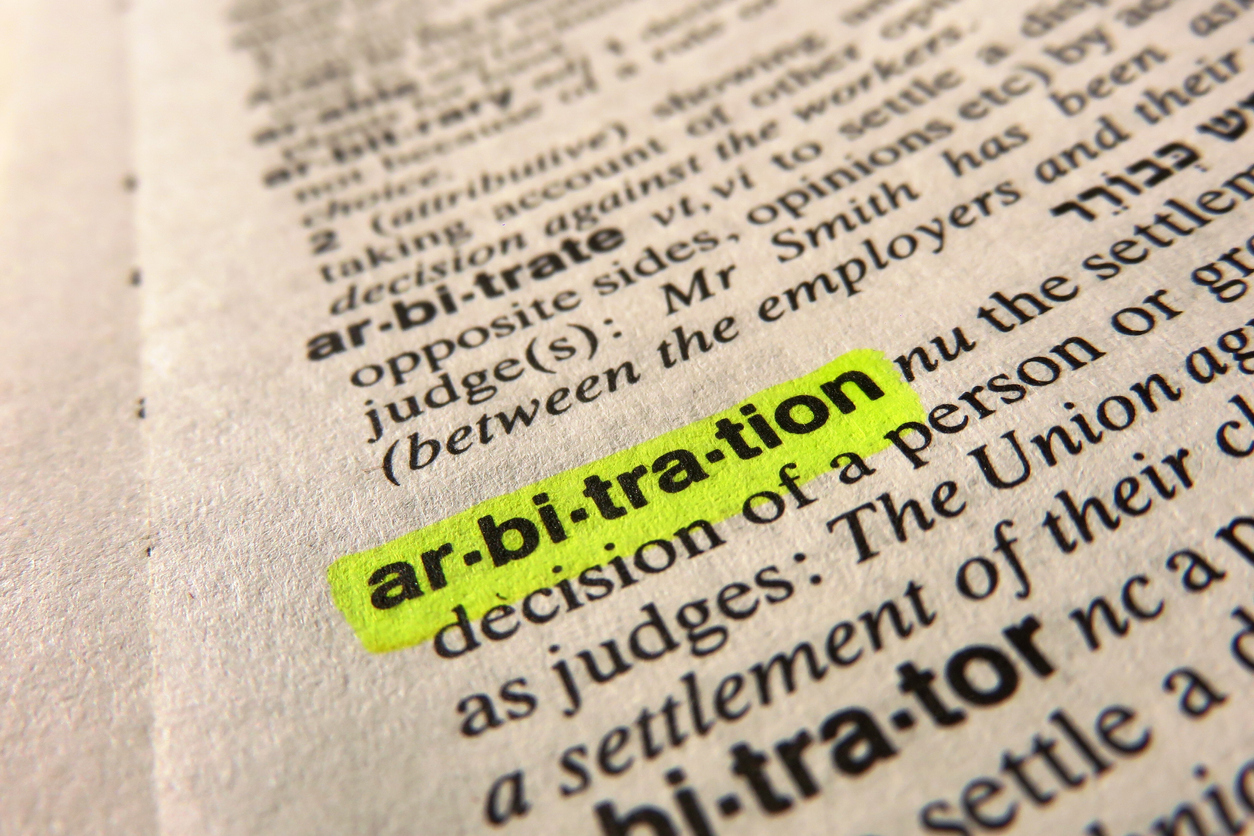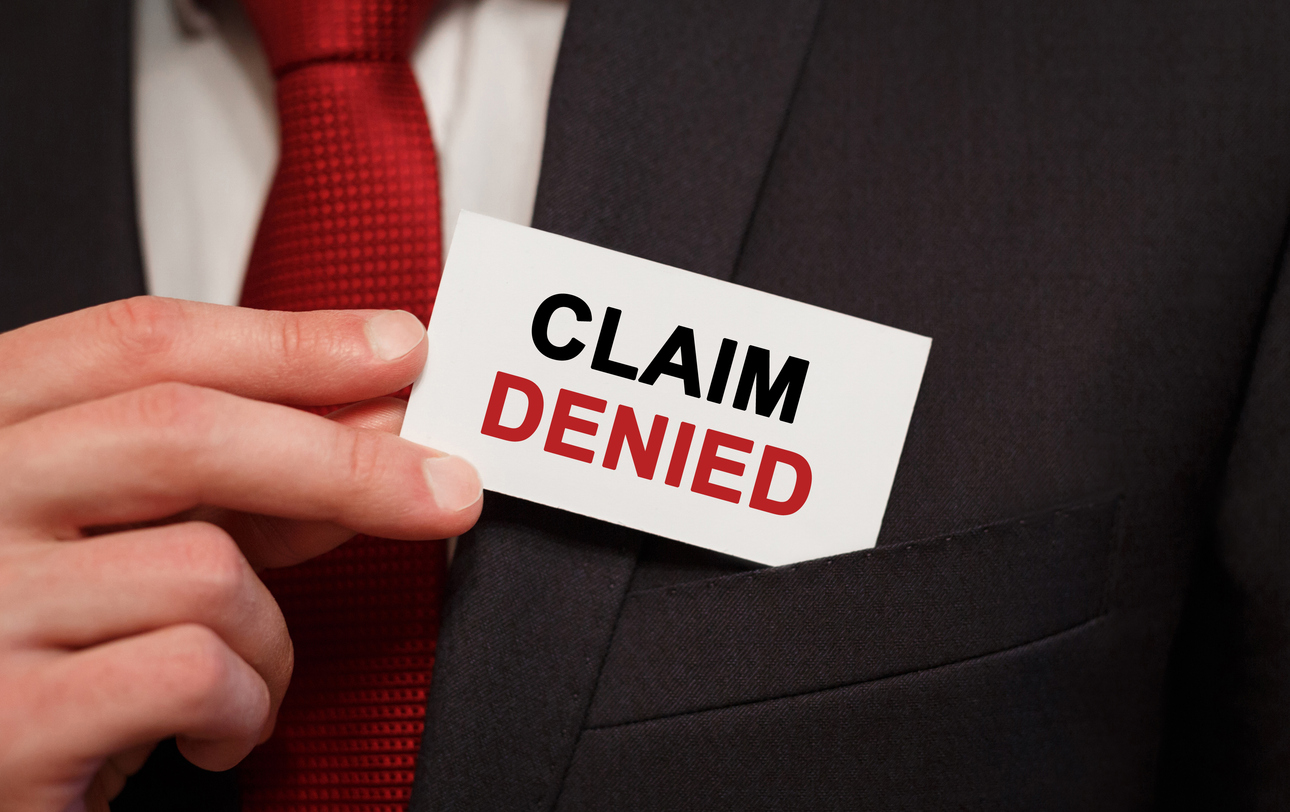With the five-year anniversary of Hurricane Wilma’s visit to Florida passing yesterday, our offices have been fielding a lot of questions. One frequent question has been, “what happens if a statute of limitations expires on a Saturday, Sunday, or legal holiday?” To answer that question, let’s first turn to the statute.
In Florida, the statute of limitations is codified in Chapter 95 of the Florida Statutes. The statute itself reads like this:
Title VIII – Limitations
Chapter 95 – Limitations of actions; adverse possession95.11 – Limitations other than for the recovery of real property. — Actions other than for recovery of real property shall be commenced as follows:
…
(2) WITHIN FIVE YEARS. —
…
(b) A legal or equitable action on a contract, obligation, or liability founded on a written instrument, except for an action to enforce a claim against a payment bond, which shall be governed by the applicable provisions of ss. 255.05(10) and 713.23(1)(e).
This statute doesn’t say when the clock starts or stops, it just gives the duration the clock will run. Florida Statute § 95.031, “Computation of Time,” explains when the clock will start running, but doesn’t say anything about when it will stop. We can add the time prescribed in Fla. Stat. § 95.11 to the starting point, but that still won’t answer our question about what happens if a statute runs on a weekend or holiday.
The Florida Rules of Civil Procedure address the issue of computation of time, so we can look there for guidance.
RULE 1.090. TIME
(a) Computation. In computing any period of time prescribed or allowed by these rules, by order of court, or by any applicable statute, the day of the act, event, or default from which the designated period of time begins to run shall not be included. The last day of the period so computed shall be included unless it is a Saturday, Sunday, or legal holiday, in which event the period shall run until the end of the next day which is neither a Saturday, Sunday, or legal holiday. When the period of time prescribed or allowed is less than 7 days, intermediate Saturdays, Sundays, and legal holidays shall be excluded in the computation.
That rule sounds like it provides the answer, but will it hold up in court? In 1973, the Florida Third District Court of Appeal followed the rule saying, “We are in accord with the general view that, if the last day of a period of limitation for commencing an action falls on a Sunday or on a legal holiday, the period is extended and the action may be commenced on the following secular or business day.” Herrero v. Black & Decker Mfg. Co., 275 So. 2d 54 (Fla. 3d DCA 1973). The Florida Supreme Court agreed with the Third District’s ruling in Black and Decker Mfg. Co. v. Herrero, 281 So. 2d 18 (Fla. 1973). Since then, Florida courts have continued to hold that if a statute of limitations ends on a weekend or legal holiday, court filings will still be held to be timely if they are filed on the following business day. See Thorney v. Clough, 438 So. 2d 985 (Fla. 3d DCA 1983) (weekend and legal holiday); Moorey v. Eytchison & Hoppes, Inc., 338 So. 2d 558 (Fla. 2d DCA 1976) (weekend); Williams v. Albertson’s Inc., 879 So. 2d 657 (Fla. 5th DCA 2004) (weekday); Rodriguez v. U.S., 279 Fed. Appx. 753 (11th Cir. 2008) (weekend and legal holiday).
This is the rule in Florida and is based on Florida statutes and rules. The outcome in other states may vary, depending on the statutes and rules of the jurisdiction. Consult legal counsel regarding the rules in your area before making any decisions based on a statute of limitations.



